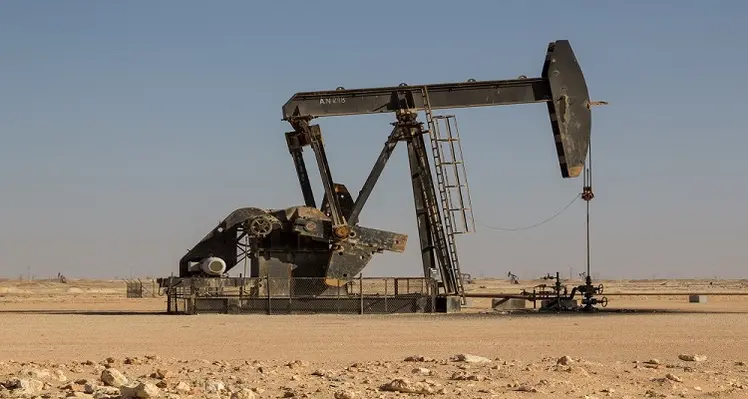COP28 concluded with a historic agreement by 198 countries to deliver a new era of climate action to keep the 1.5% goal within reach
The final text, the subject of much wrangling and intense negotiations over the summit, calls on Parties to transition away from fossil fuels to reach net zero, encourages them to submit economy-wide Nationally Determined Contributions (NDCs), includes a new specific target to triple renewables and double energy efficiency by 2030, and builds momentum towards a new architecture for climate finance. Major Action Agenda achievements include a pledge signed by more than 50 oil and gas companies to commit to zero methane emissions and ending routine flaring by 2030. Under the total Action Agenda at COP28, over US$85bn in funding has been mobilised, and 11 pledges and declarations have been launched and received historic support.
“The world needed to find a new way. By following our North Star, we have found that path,” said COP28 president, Dr. Sultan Al Jaber during his closing speech. “We have worked very hard to secure a better future for our people and our planet. We should be proud of our historic achievement.
"I promised a different sort of COP. A COP that brought everyone together – private and public…civil society and faith leaders, youth and indigenous peoples. Everyone came together from day one. Everyone united, acted and delivered. It is a balanced plan that tackles emissions, bridges the gap on adaptation, reimagines global finance and delivers on loss and damage. It is built on common ground. It is strengthened by inclusivity and it is reinforced by collaboration. It is an enhanced, balanced, but make no mistake, historic package to accelerate climate action.”
However, he added, “An agreement is only as good as its implementation. This historic consensus is only the beginning of the road.”
CEO of Masdar Mohamed Jameel Al Ramahi commented, “COP28 will be remembered for its series of world-first achievements: securing a global commitment to triple renewable energy and doubling energy efficiency; mobilising billions of dollars in climate finance; operationalising loss and damage; and, most notably, the first-ever language on fossil fuels.”
While the reference to fossil fuels is unprecedented, climate activists and countries impacted by climate change complained the deal does not go far enough, given it falls short of committing to phasing out fossil fuels, as many had lobbied for.
United Nations Secretary-General António Guterres said many governments wanted a clear reference to phase out fossil fuels but "it was watered down".
"Whether you like it or not, fossil fuel phase out is inevitable. Let's hope it doesn't come too late," he said.
However many felt it was a fair compromise and step forward, with US Climate Envoy John Kerry said that the deal was "cause for optimism" despite not having everything the US and pushed for, and Wopke Hoekstra, the European Union's climate commissioner, hailing the deal as an historic achievement after 30 years of no agreement on the fossil fuel question.
Fatih Birol, executive director at the IEA, commented “I congratulate the COP28 presidency and countries for this major outcome that clearly states the goal of transitioning away from fossil fuels in line with 1.5%. Countries must act quickly on these ambitions with concrete policies to double efficiency, triple renewables, slash methane emissions and deliver a just and equitable transition away from fossil fuels.”
IEA analysis shows that the full delivery on the pledges covering renewables, efficiency and methane/flaring by the current signatories would result in global energy-related greenhouse gas emissions in 2030 being around 4 gigatonnes of CO2 equivalent lower than would be expected without them. This reduction in 2030 emissions represents only around 30% of the emissions gap that needs to be bridged to get the world on a pathway compatible with limiting global warming to 1.5 C.










